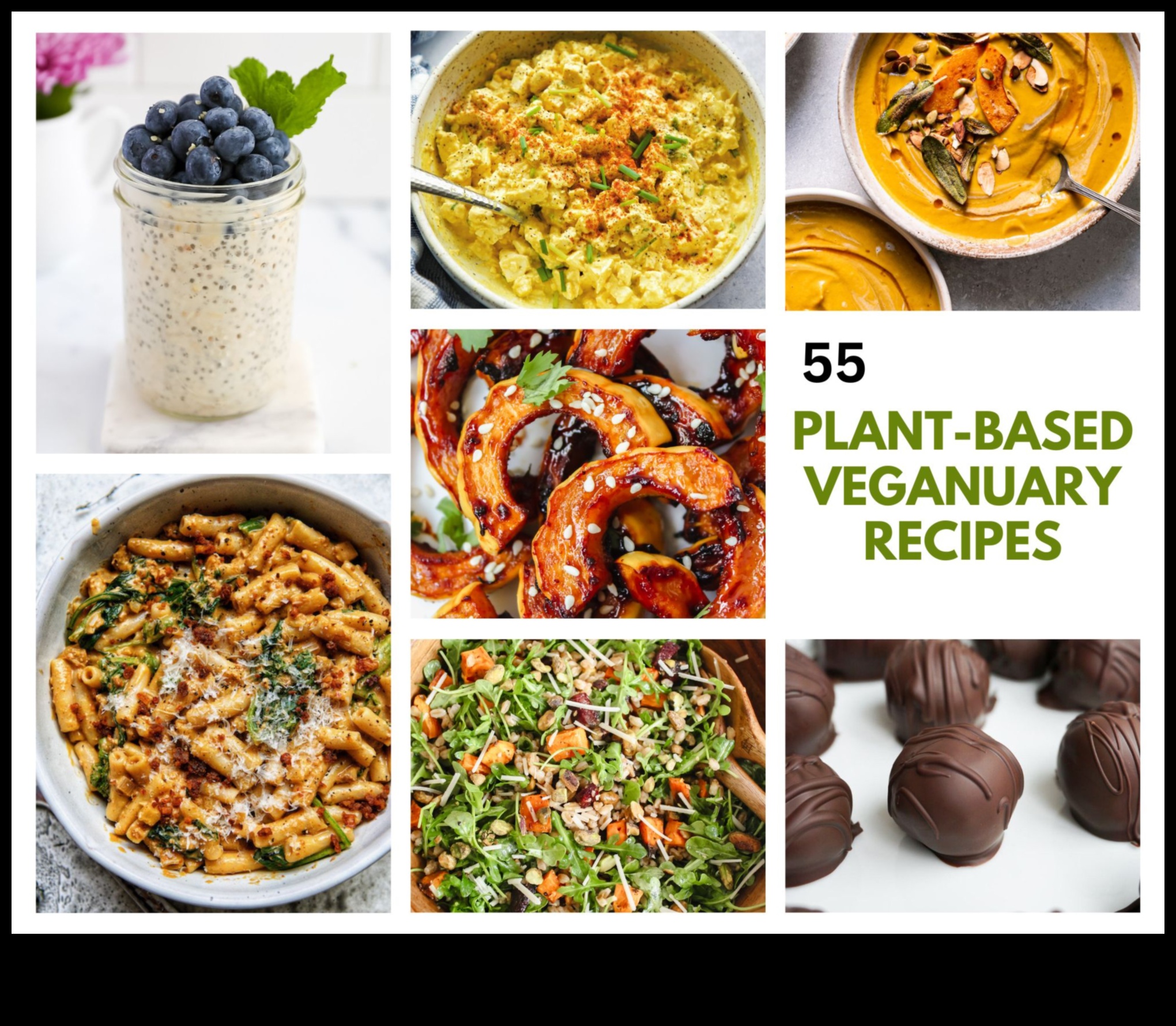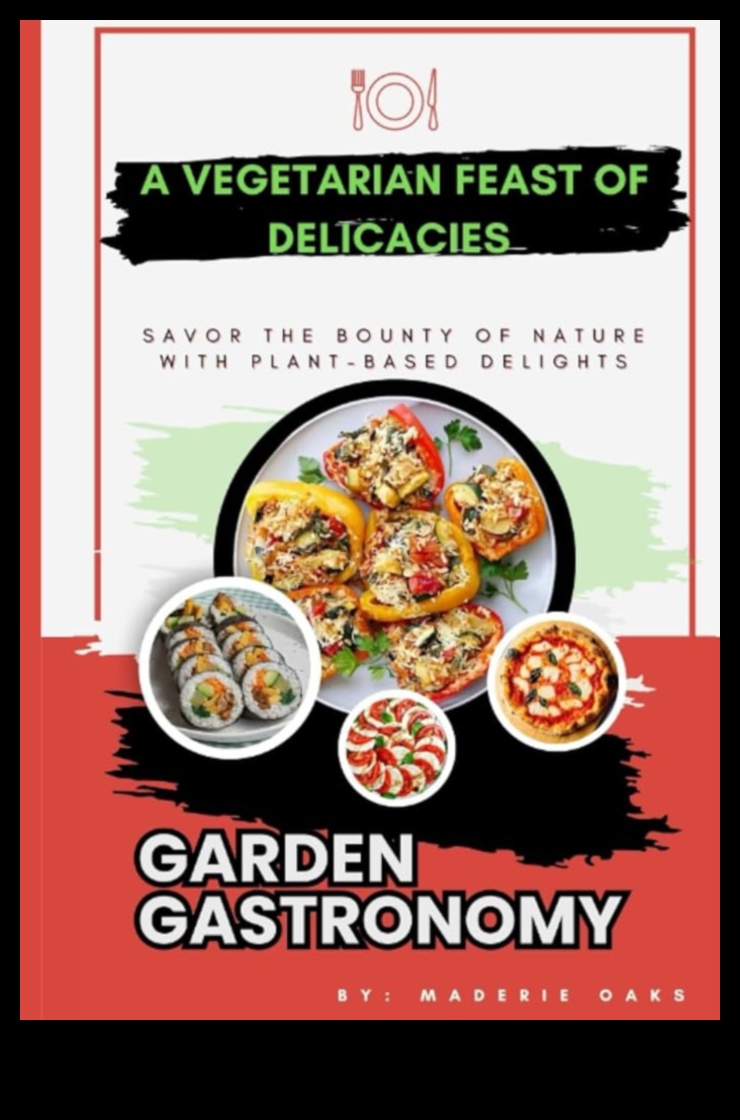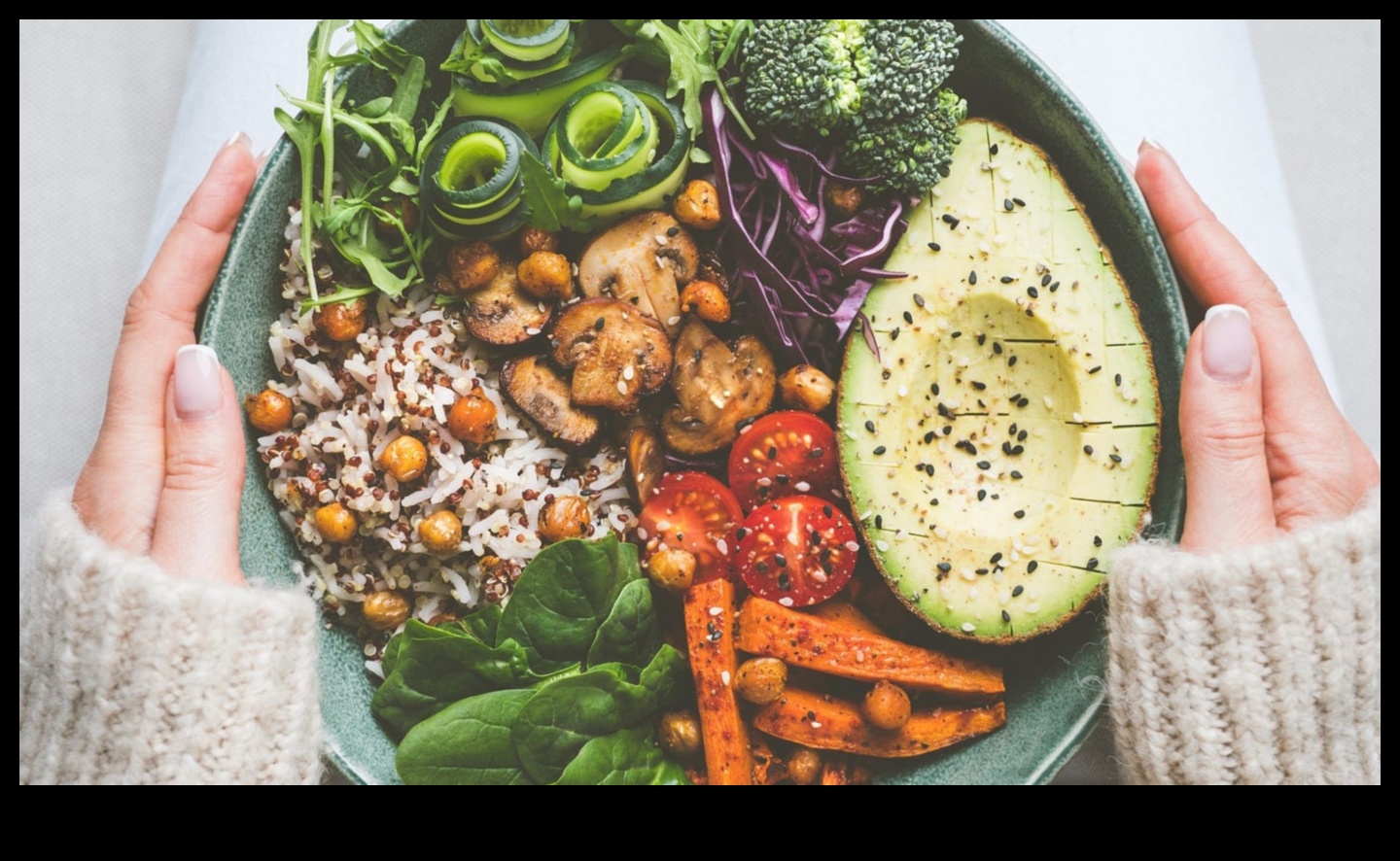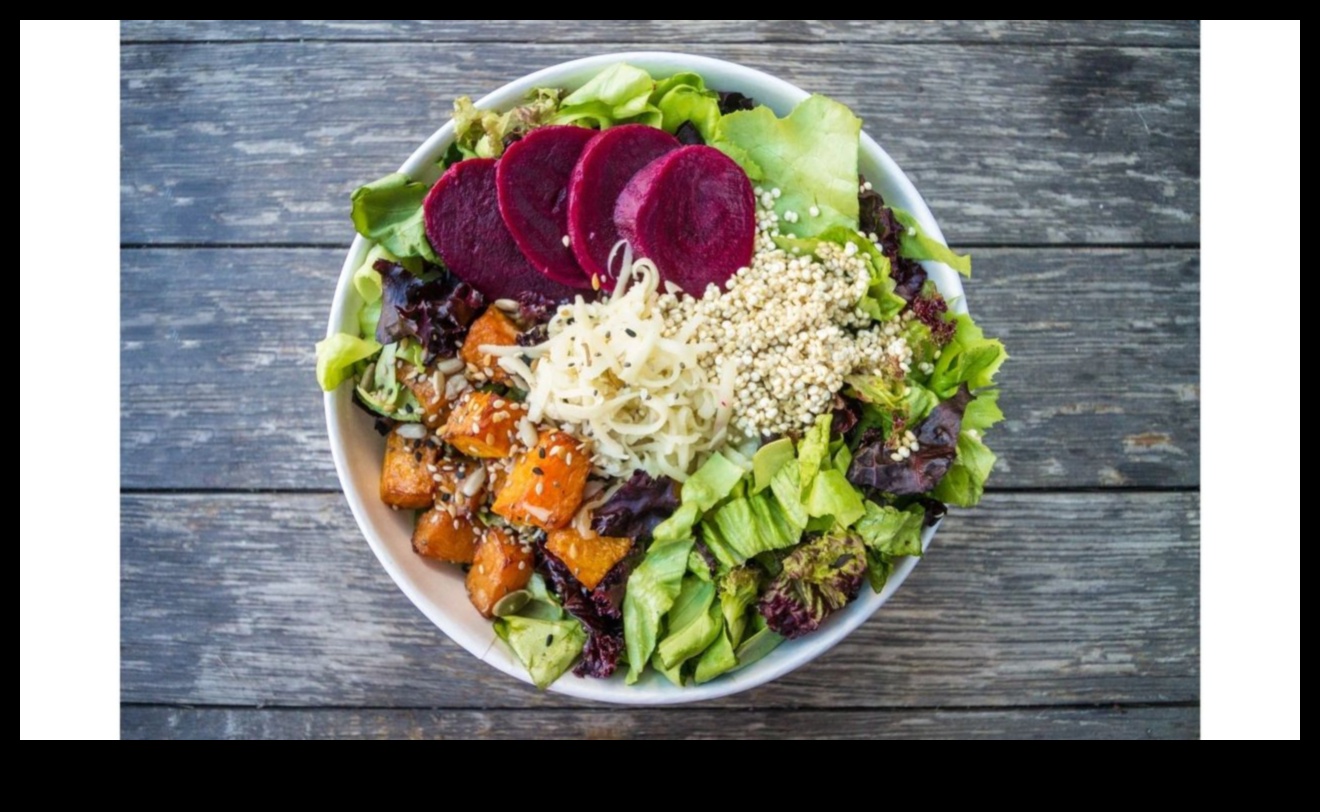
Vegan Symphony: Crafting a Harmonious Plate of Plant Delights
II. Benefits of eating vegan
III. How to start a vegan diet
IV. Popular vegan recipes
V. Vegan restaurants in your area
VI. Tips for eating vegan on a budget
VII. Common misconceptions about veganism
VIII. Frequently Asked Questions About The Topic about veganism
IX. Resources for vegan living
X.
| Topic | Answer |
|---|---|
| Veganism is a plant-based diet that excludes all animal products, including meat, dairy, eggs, and honey. | |
| Benefits of eating vegan | There are many benefits to eating a vegan diet, including improved heart health, reduced risk of cancer, and lower cholesterol levels. |
| How to start a vegan diet | There are many ways to start a vegan diet, and the best way for you will depend on your individual needs and preferences. |
| Popular vegan recipes | There are many delicious vegan recipes available, from simple dishes like pasta with tomato sauce to more complex dishes like vegan lasagna. |
| Vegan restaurants in your area | There are many vegan restaurants in the United States, and you can find them using a search engine or by asking your friends or family for recommendations. |

II. Benefits of eating vegan
There are many benefits to eating a vegan diet, including:
- Reduced risk of heart disease, stroke, type 2 diabetes, and some types of cancer
- Improved cholesterol levels
- Lowered blood pressure
- Increased energy levels
- Improved digestion
- Weight loss
- Better skin and hair
- Reduced inflammation
- Increased longevity
For more information on the benefits of eating a vegan diet, please see the following resources:
- The Vegan Society: Benefits of Veganism
- PCRM: Health Benefits of Veganism
- Healthline: Benefits of a Vegan Diet
III. Benefits of eating vegan
There are many benefits to eating a vegan diet, including:
- Reduced risk of heart disease, stroke, type 2 diabetes, and some types of cancer
- Lower blood pressure and cholesterol levels
- Improved blood sugar control
- Increased energy levels
- Better sleep
- Enhanced mood
- More vibrant skin
- Increased longevity
For more information on the benefits of eating a vegan diet, please see the following resources:
- The Vegan Society: Benefits of Veganism
- PCRM: The Benefits of a Vegan Diet
- NHS: Vegetarianism and Veganism: Benefits and risks
IV. Popular vegan recipes
Here are some popular vegan recipes that are sure to please everyone:
- Vegan chili
- Vegan lasagna
- Vegan pizza
- Vegan burgers
- Vegan tacos
- Vegan pad thai
- Vegan stir-fry
- Vegan curry
- Vegan desserts
For more vegan recipes, please visit our recipe page.

V. Vegan restaurants in your area
Here is a list of vegan restaurants in your area:
- Blossom Vegan Kitchen in San Francisco
- Compassion Cafe in Los Angeles
- Native Foods in Atlanta
- Temple of Tasty Vegan in New York City
These are just a few examples of vegan restaurants in your area. You can find more vegan restaurants by searching online or by asking your friends or family for recommendations.

VI. Tips for eating vegan on a budget
Here are some tips for eating vegan on a budget:
- Buy in bulk. Buying in bulk can help you save money on your groceries. Look for sales and discounts on bulk items, and store them properly so they stay fresh.
- Cook at home. Eating out at vegan restaurants can be expensive. Cooking at home is a more affordable way to enjoy vegan meals.
- Look for plant-based ingredients on sale. Many grocery stores have sales on plant-based ingredients throughout the week. Be sure to check the weekly ads to find the best deals.
- Grow your own herbs and vegetables. Growing your own herbs and vegetables can help you save money on your grocery bill.
- Shop at farmer’s markets. Farmer’s markets are a great way to find fresh, affordable produce.
VII. Common misconceptions about veganism
There are many common misconceptions about veganism that can prevent people from considering a plant-based diet. Here are some of the most common misconceptions, along with the facts:
-
Misconception: Vegans are malnourished.
Fact: A well-planned vegan diet can provide all the nutrients that the human body needs. In fact, a study published in the journal The Lancet found that vegans have a lower risk of nutrient deficiencies than meat-eaters.
-
Misconception: Vegans can’t get enough protein.
Fact: Protein is an essential nutrient for humans, and vegans can get plenty of protein from plant-based sources such as beans, lentils, nuts, seeds, and tofu. In fact, a study published in the journal Nutrition Reviews found that vegans have a higher intake of protein than meat-eaters.
-
Misconception: Vegans are unhealthy.
Fact: A well-planned vegan diet can be just as healthy as a diet that includes meat. In fact, a study published in the journal The American Journal of Clinical Nutrition found that vegans have a lower risk of heart disease, obesity, and certain types of cancer than meat-eaters.
-
Misconception: Veganism is expensive.
Fact: While some vegan foods can be more expensive than their animal-based counterparts, a vegan diet can be just as affordable as a diet that includes meat. In fact, a study published in the journal The Journal of Hunger and Environmental Nutrition found that vegans spend less on food than meat-eaters.
-
Misconception: Vegans are preachy.
Fact: Not all vegans are preachy. In fact, many vegans are happy to share their reasons for choosing a plant-based diet, but they do not try to force their beliefs on others.
Frequently Asked Questions About The Topic about veganism
Here are some common questions about veganism, along with answers to help you understand the lifestyle better.
Q: What is veganism?
A: Veganism is a lifestyle that excludes all forms of animal exploitation, including the consumption of meat, dairy, eggs, and honey. Vegans also avoid using products that are made from animals, such as leather, wool, and fur.
Q: Why do people become vegan?
There are many reasons why people choose to adopt a vegan lifestyle. Some people do it for ethical reasons, while others do it for environmental or health reasons.
Q: Is a vegan diet healthy?
A: A well-planned vegan diet can be healthy and nutritious. In fact, a study published in the journal JAMA Internal Medicine found that vegans have a lower risk of heart disease, stroke, type 2 diabetes, and some types of cancer than meat-eaters.
Q: What are the challenges of being vegan?
There are a few challenges that vegans may face, such as finding vegan-friendly restaurants and grocery stores. However, these challenges are becoming less and less common as veganism becomes more popular.
Q: What are some benefits of being vegan?
There are many benefits to being vegan, including:
- Reduced risk of heart disease, stroke, type 2 diabetes, and some types of cancer
- Improved cholesterol levels
- Lowered blood pressure
- Increased energy levels
- Improved sleep quality
- Enhanced mood
- More compassion for animals
Q: Are there any risks associated with being vegan?
There are a few risks associated with being vegan, such as:
- Vitamin B12 deficiency
- Iron deficiency
- Calcium deficiency
- Zinc deficiency
However, these risks can be easily avoided by eating a well-planned vegan diet that includes a variety of plant-based foods.
Q: What is the future of veganism?
The future of veganism is bright. As more people learn about the ethical, environmental, and health benefits of a vegan diet, the number of vegans is expected to continue to grow.
Q: Where can I learn more about veganism?
There are many resources available to help you learn more about veganism. Here are a few:
IX. Resources for vegan living
Here are some resources that can help you live a vegan lifestyle:
- The Vegan Society – The Vegan Society is the UK’s leading vegan charity. They offer a wealth of information and resources on veganism, including recipes, tips, and guides.
- PETA – PETA is an animal rights organization that promotes veganism. They offer a variety of resources, including recipes, tips, and guides.
- Cowspiracy – Cowspiracy is a documentary film that exposes the environmental impact of animal agriculture. It is a powerful and eye-opening film that can help you understand the reasons why you should choose to eat a plant-based diet.
- Forks Over Knives – Forks Over Knives is a documentary film that follows the health benefits of a plant-based diet. It is a inspiring and motivating film that can help you make the switch to a vegan lifestyle.
Frequently Asked Questions About The Topic about veganism
Q: What is veganism?
A: Veganism is a lifestyle that seeks to exclude all forms of animal exploitation and cruelty, including the consumption of meat, dairy, eggs, and honey.
Q: What are the benefits of eating a vegan diet?
A: There are many benefits to eating a vegan diet, including improved heart health, reduced risk of cancer, and increased weight loss.
Q: What are some challenges to eating a vegan diet?
A: Some challenges to eating a vegan diet include finding vegan-friendly restaurants, cooking vegan meals at home, and getting enough nutrients.